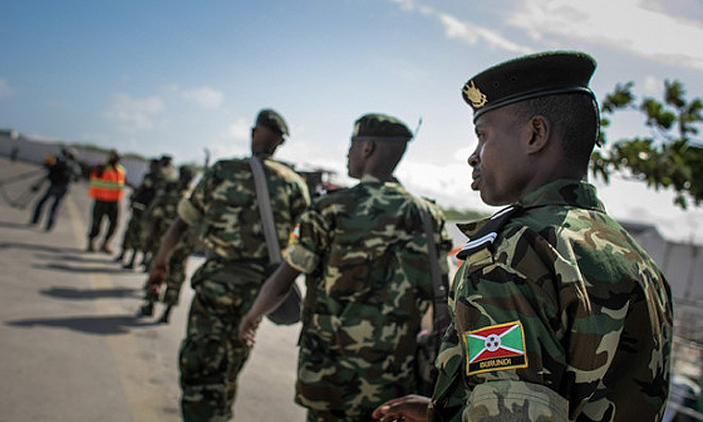NAIROBI, Kenya—Burundi has formally announced its decision to withdraw from the newly established African Union Support and Stabilization Mission in Somalia (AUSSOM). This move, conveyed by Burundi’s ambassador to the African Union, Willy Nyamitwe, underscores escalating tensions over troop allocation and deployment strategies within the mission.
Ambassador Nyamitwe revealed that his position aligns with that of Djibouti’s Ambassador Abdi Mohamud Eybe, who also serves as the Chairman of the AU’s Peace and Security Council. The dispute centers on the allocation of troops, with Burundi objecting to the limitation of its contribution to 1,041 soldiers. The Burundian government has insisted on deploying at least 2,000 troops to adequately support its role in the mission.
Adding complexity to the situation, Somalia has announced plans to exclude Ethiopian forces from AUSSOM, citing concerns over sovereignty. This decision further strains regional dynamics and raises questions about Ethiopia’s role in the broader security framework.
Reports from Radio Shabelle highlight Burundi’s resistance to deploying forces to the Gedo region, an area marked by tension between Somalia and Ethiopia and currently hosting Ethiopian troops. Burundi’s opposition reflects broader concerns about the strategic implications of troop placement in such contested zones.
Meanwhile, there are emerging fears that Ethiopia may be attempting to reframe Somalia’s security challenges in a manner that could portray the nation as unstable, potentially drawing parallels to Afghanistan. This narrative could influence the justification for Ethiopia’s continued or reduced military involvement in the fight against Al-Shabaab.
Burundi’s withdrawal signals a critical juncture for AUSSOM. As Somalia grapples with the dual challenge of countering Al-Shabaab and navigating complex regional dynamics, the absence of Burundian forces could significantly impact the mission’s effectiveness.


Leave a Reply